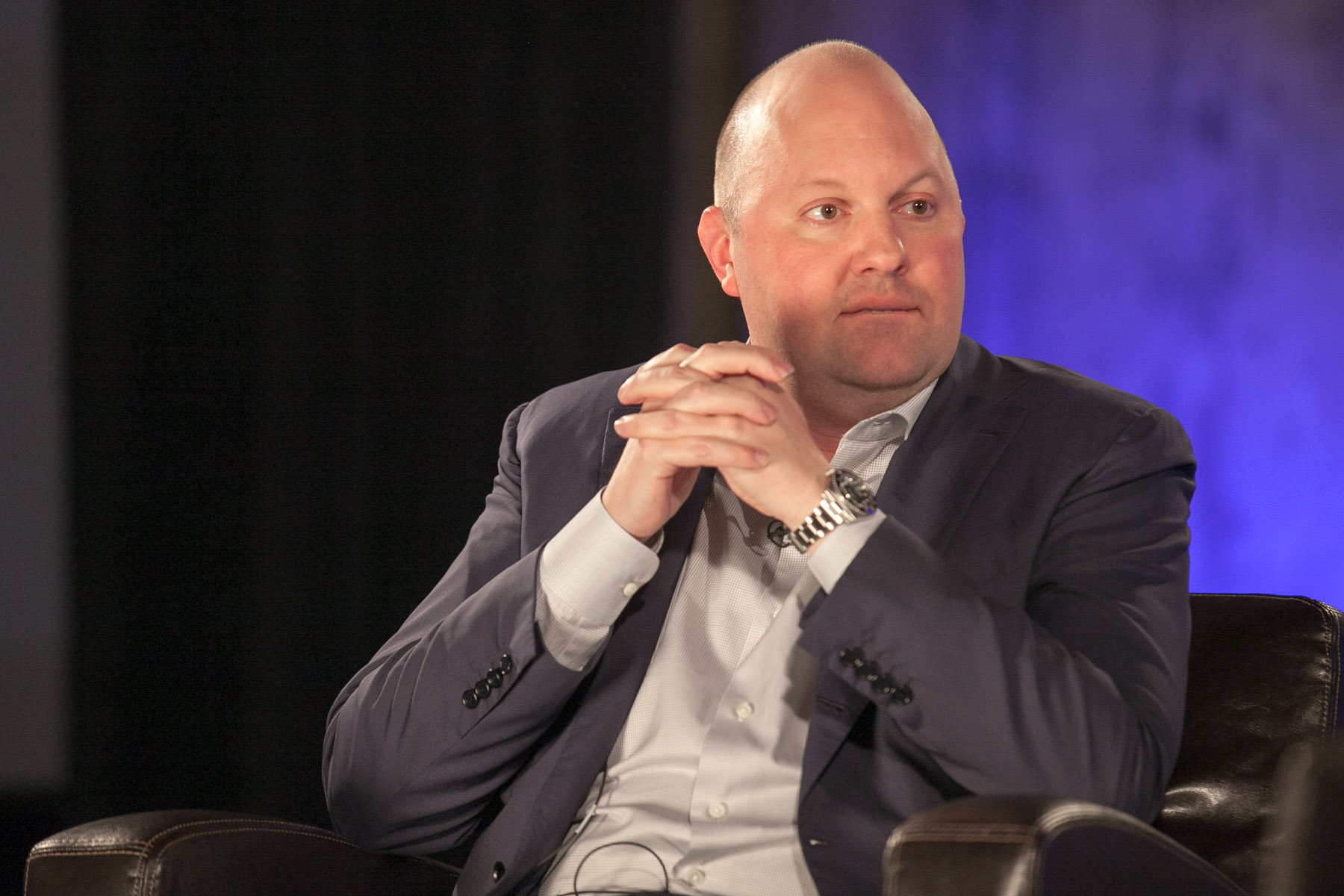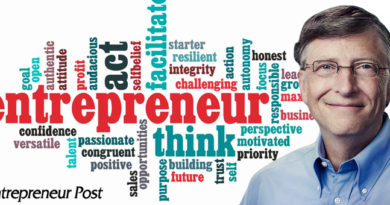The only thing that matters is getting to product/market fit -Marc Andreessen
Marc Andreessen is a very well known VC in the startup world, He is the co-author of Mosaic, the first widely used web browser; co-founder of Netscape; and co-founder and general partner of Silicon Valley venture capital firm Andreessen Horowitz.

Usually i would write some insights and what i think of a specific quote, but this time i prefer to share the opinions from much more experienced and knowledgeable people. I previously defined the term product market fit.
The only thing that matters is getting to product/market fit.
-Marc Andreessen
Andreessen articulates this observation (citing Andy Rachleff, formerly of Benchmark Capital) concisely, as the following law to startup success:
When a great team meets a lousy market, market wins.
When a lousy team meets a great market, market wins.
When a great team meets a great market, something special happens.
I would slightly modify it to:
Andreessen articulates this observation (citing Andy Rachleff, formerly of Benchmark Capital) concisely, as the following law to startup success:
When a great product meets a lousy market, market wins.
When a lousy product meets a great market, market wins.
When a great product meets a great market, something special happens.
From Rachleff’s Corollary of Startup Success:
Product/market fit means being in a good market with a product that can satisfy that market.
You can always feel when product/market fit isn’t happening. The customers aren’t quite getting value out of the product, word of mouth isn’t spreading, usage isn’t growing that fast, press reviews are kind of “blah”, the sales cycle takes too long, and lots of deals never close.
And you can always feel product/market fit when it’s happening. The customers are buying the product just as fast as you can make it — or usage is growing just as fast as you can add more servers. Money from customers is piling up in your company checking account. You’re hiring sales and customer support staff as fast as you can. Reporters are calling because they’ve heard about your hot new thing and they want to talk to you about it. You start getting entrepreneur of the year awards from Harvard Business School. Investment bankers are staking out your house. You could eat free for a year at Buck’s.
Lots of startups fail before product/market fit ever happens.
My contention, in fact, is that they fail because they never get to product/market fit.
Carried a step further, I believe that the life of any startup can be divided into two parts: before product/market fit (call this “BPMF”) and after product/market fit (“APMF”).
When you are BPMF, focus obsessively on getting to product/market fit.
Do whatever is required to get to product/market fit. Including changing out people, rewriting your product, moving into a different market, telling customers no when you don’t want to, telling customers yes when you don’t want to, raising that fourth round of highly dilutive venture capital — whatever is required.
When you get right down to it, you can ignore almost everything else.
I’m not suggesting that you do ignore everything else — just that judging from what I’ve seen in successful startups, you can.
Whenever you see a successful startup, you see one that has reached product/market fit.
And usually along the way screwed up all kinds of other things, from channel model to pipeline development strategy to marketing plan to press relations to compensation policies to the CEO sleeping with the venture capitalist. And the startup is still successful.
Conversely, you see a surprising number of really well-run startups that have all aspects of operations completely buttoned down, HR policies in place, great sales model, thoroughly thought-through marketing plan, great interview processes, outstanding catered food, 30″ monitors for all the programmers, top tier VCs on the board — heading straight off a cliff due to not ever finding product/market fit.
Ironically, once a startup is successful, and you ask the founders what made it successful, they will usually cite all kinds of things that had nothing to do with it. People are terrible at understanding causation. But in almost every case, the cause was actually product/market fit.




